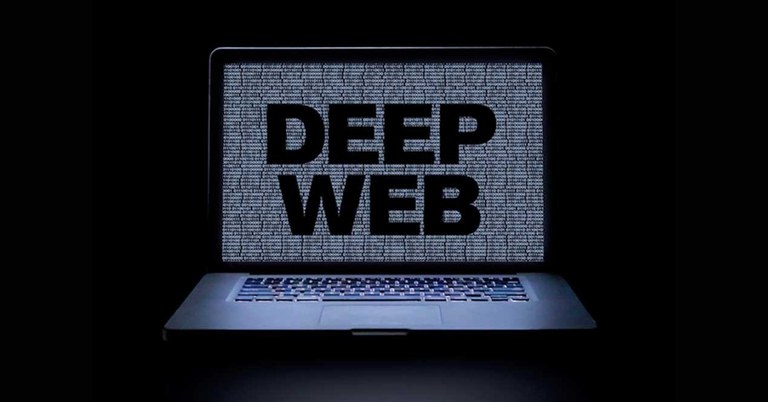items chosen one by one so you have the best option and save money on amazon (Links in articles)
Does the Deep Web Still Scare People in 2025? Myths, Facts, and What’s Changed
When people hear the term “Deep Web,” it often sparks fear, curiosity, or confusion. For years, it's been portrayed as a dark, hidden corner of the internet — full of illegal activity, hackers, and secret networks. But in 2025, does the Deep Web still deserve its scary reputation? Or is it simply misunderstood? In this article, we’ll break down what the Deep Web really is, why it still unnerves some people, and how things have evolved.
6/19/20252 min leer


What Is the Deep Web?
First, let’s clarify one of the biggest misconceptions:
The Deep Web is not the same as the Dark Web.
Deep Web refers to any part of the internet that isn’t indexed by search engines like Google, Bing, or Yahoo.
That includes things like:
Private databases
Password-protected websites
Bank account portals
University libraries
Government documents behind firewalls
In fact, the majority of internet content is in the Deep Web. You probably access it every day without realizing it.
🕶️ What Is the Dark Web?
The Dark Web is a subset of the Deep Web — intentionally hidden and only accessible through special software, like Tor (The Onion Router).
This is the part of the internet that’s often associated with:
Anonymous marketplaces
Cryptocurrency transactions
Forums on hacking, leaks, and controversial topics
Both legal and illegal activity
This section is what really sparks fear, and it’s often what people mean when they say “the Deep Web scares me.”
😨 Why Does the Deep Web Still Scare People?
1. Media Hype and Pop Culture
Movies, documentaries, and YouTube channels often exaggerate the risks of the Deep/Dark Web. They focus on:
Hiring hitmen
Buying illegal drugs or weapons
Creepy stories of “Red Rooms” and live crimes (most of which are urban legends)
While some of these dangers do exist, they are not as accessible or widespread as media often portrays.
2. Lack of Understanding
Many people still confuse the Deep Web with illegal activity because they don’t understand the layers of the internet.
In truth, the Deep Web is a normal, essential part of how the internet works — especially when it comes to privacy, research, and information security.
3. Real Risks in the Dark Web
That said, the Dark Web is still home to:
Stolen data marketplaces
Cybercrime forums
Identity theft tools
Malware and ransomware distribution
For that reason, accessing the Dark Web without protection or a clear purpose is risky, especially for non-technical users.
🔐 How Has the Deep Web Evolved in 2025?
🛡️ Improved Security and Surveillance
Governments and cybersecurity firms now monitor much of the Dark Web more actively. In the last five years:
Several major criminal networks have been taken down
Tools like AI and blockchain are used to trace illegal transactions
There’s greater awareness and education about safe browsing
🌍 Growing Legal Use of Dark Web Tools
Believe it or not, some parts of the Dark Web serve valuable purposes:
Journalists use it to protect sources
Activists use it in countries with internet censorship
Researchers use it to track illegal markets and patterns
So while the “scary” image still lingers, more people now understand its dual nature.
🧠 Should You Be Afraid of the Deep Web?
Not really — if you understand what it is.
You use the Deep Web every time you:
Log into your email
Access your bank account
Use a private company intranet
It’s simply the part of the web that isn’t public-facing.
As for the Dark Web: caution is smart, fear is optional. If you don’t have a specific reason and technical knowledge, it’s better to stay away.
📌 Final Thoughts: Fear vs. Awareness
So, does the Deep Web still scare people in 2025?
For many, yes — mostly due to myths, media, and confusion with the Dark Web. But as internet literacy improves, more users are learning the truth:
✅ The Deep Web is essential and useful
⚠️ The Dark Web is real and risky, but not inherently evil
🔐 Awareness, not fear, is the best defense
👉 Tip: If you're curious about internet privacy or want to explore tools like VPNs, Tor, or encrypted messaging, start with legit educational resources — and never download files from unknown sources.